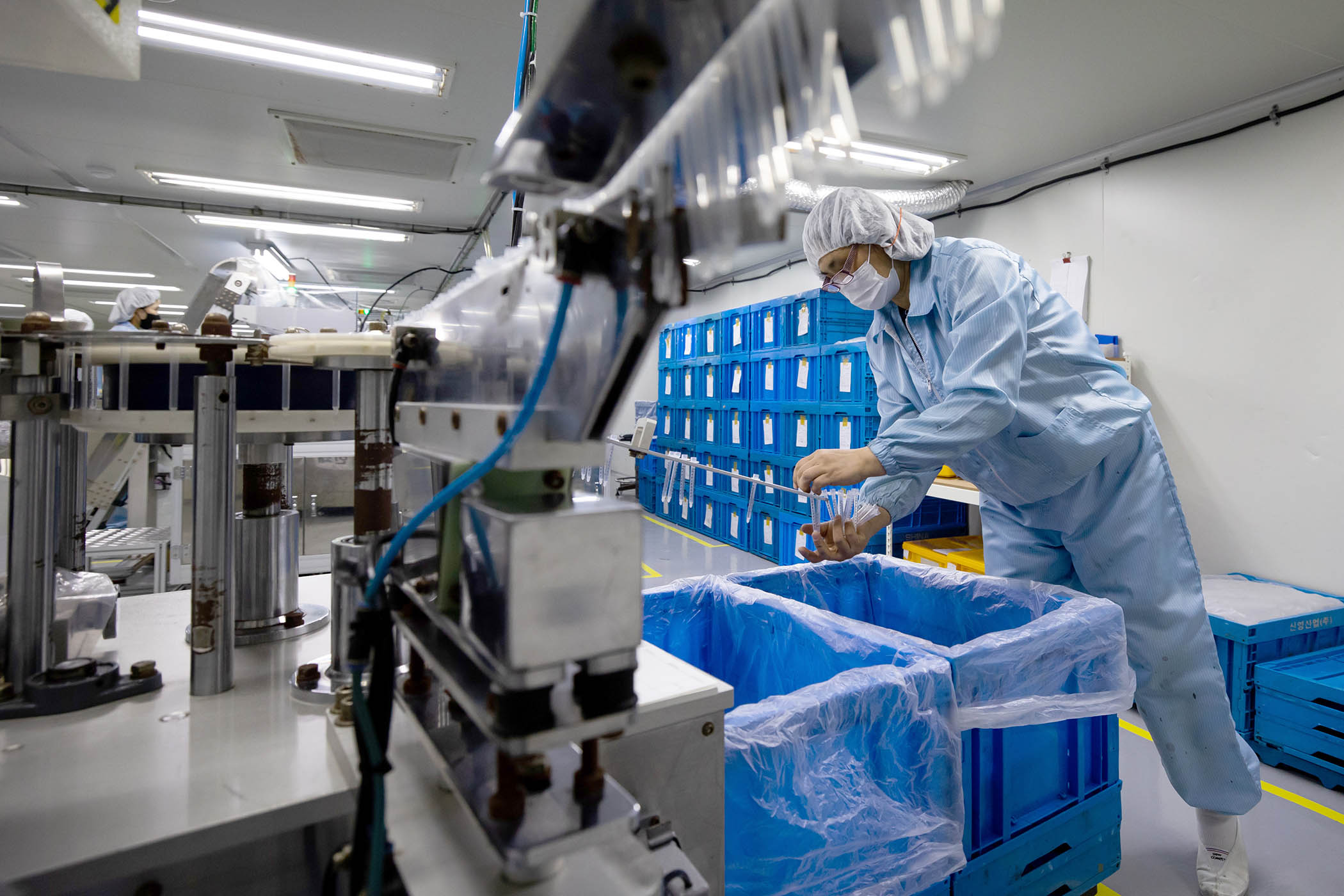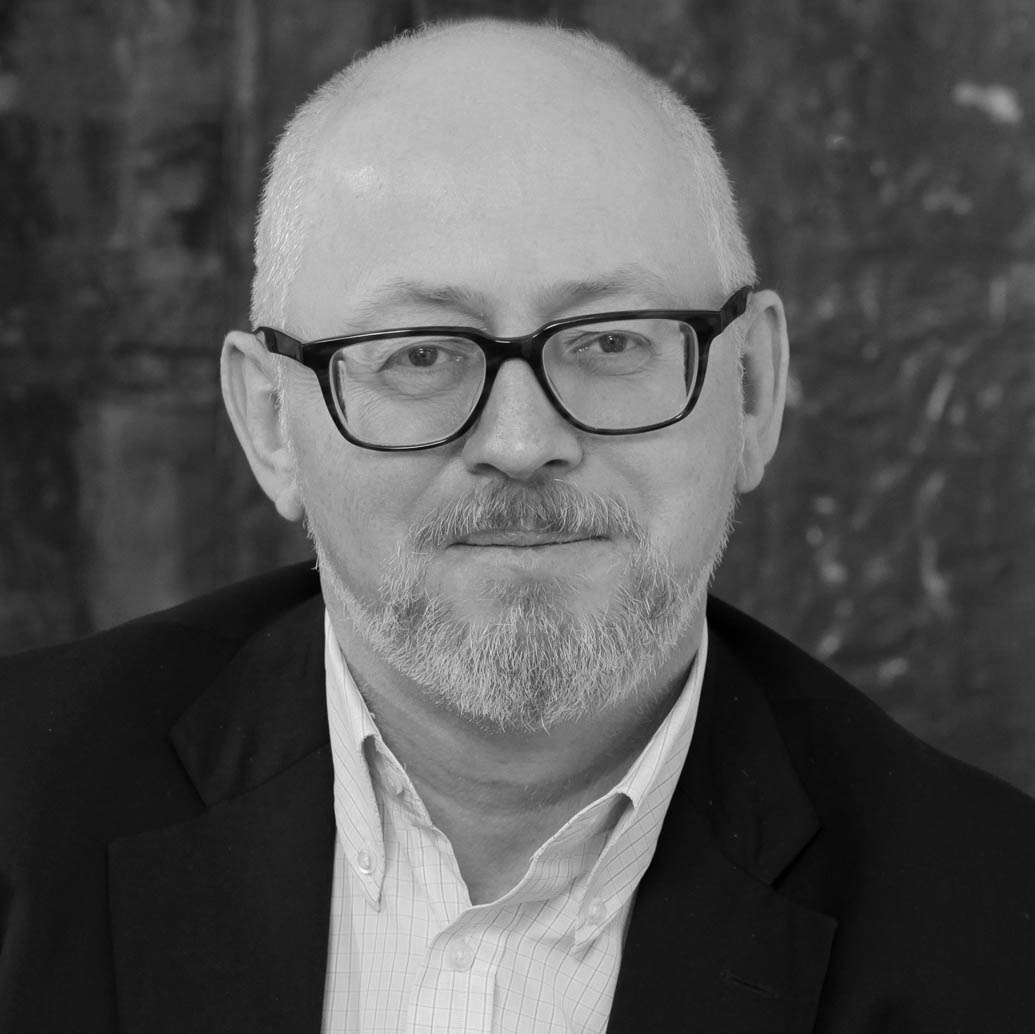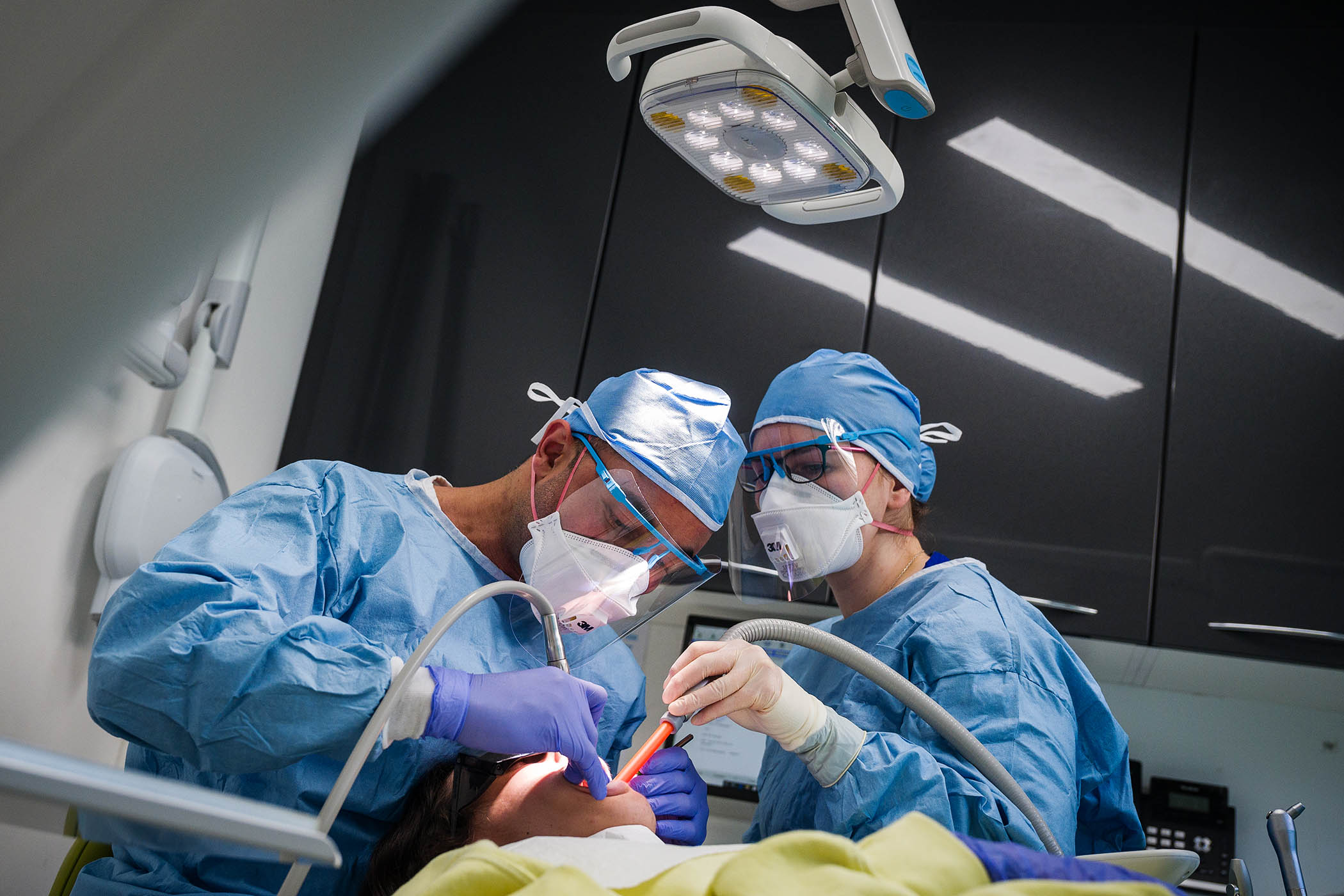AstraZeneca and GlaxoSmithKline, Britain’s pharmaceutical giants, can feel good about their risk management after Donald Trump imposed 100% tariffs on imports of foreign drugs made by firms that do not manufacture in the US last Thursday. Aware of this possibility, both had recently announced big investments in manufacturing capacity in America.
That said, Trump remains annoyed at Britain’s pharmaceuticals policies, which means that further moves to punish producers cannot be ruled out. His complaint, that Britain pays too little for American pharmaceuticals, especially innovative new products, is shared by big US drug firms, some of which, including Eli Lilly and Merck, have started scaling back operations here.
The government is starting to acknowledge the problem. Science minister Lord Patrick Vallance last week told the FT that for medicines, we’ll probably “need to pay a bit more for some of them”.
A good start would be to raise how much the NHS is willing to pay for a new drug that improves health by a “quality-adjusted life year” (Qaly). The maximum price per Qaly was set at £30,000 in 1999, and has not been changed since. With inflation, that means the most the NHS will pay has fallen significantly in real terms, limiting purchases of innovative new drugs in particular, as these tend to cost more at first. Restoring the real value of the Qaly cap to 1999 levels would mean an increase by more than 80% to £54,000. Tough on the NHS budget, but good for Britain’s health.
Photographer: SeongJoon Cho/Bloomberg via Getty Images
Newsletters
Choose the newsletters you want to receive
View more
For information about how The Observer protects your data, read our Privacy Policy



